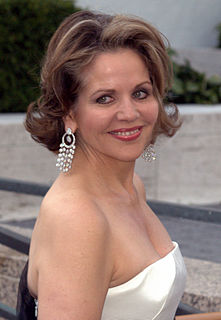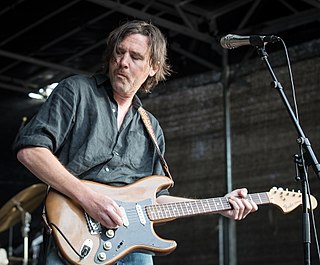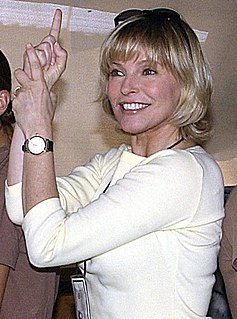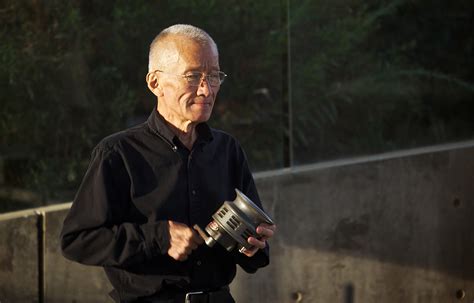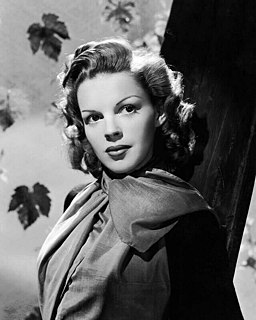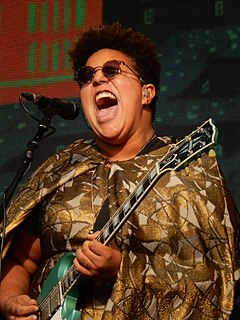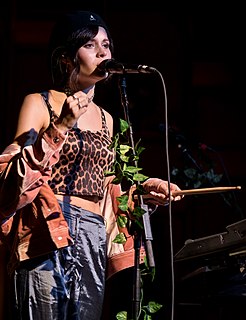A Quote by Renee Fleming
For my own singing, I used to be attracted by the baroque, the flashier the better, but now I prefer a simpler, purer style.
Related Quotes
Till 'Mulk' and 'Article 15,' I used to deny that there is a change. Now I feel there is certainly a change, what kind of change, I don't know. Now I get attracted to different things - story or a performance. Earlier I used to get attracted to grand visuals, size of the film and how big the starcast was. Now I am not attracted to these things.
I'm not attracted to naturalism, I'm not attracted to behavior, I'm attracted to dance. I'm attracted to gesture, I'm attracted to singing with your voice, as opposed to having a natural manner. I'm a theater actor first, so that probably influences a lot of my approach. And I think in many ways, naturalism has ruined movies.
To translate, one must have a style of his own, for the translation will have no rhythm or nuance, which come from the process of artistically thinking through and molding the sentences; they cannot be reconstituted by piecemeal imitation. The problem of translation is to retreat to a simpler tenor of one’s own style and creatively adjust this to one’s author.
I had studied Dadaism after the Second World War. What attracted me to this movement was the style its inventors used when not engaged in Dadaistic activities. It was clear, luminous, simple without being banal, precise without being narrow; it was a style adapted to the expression of thought as well as of emotion. I connected this style with the Dadaistic exercises themselves
My [singing] style really has no style, because I try to sing each number differently. I’ve always believed that if style takes precedent over the words and music, the audience get’s cheated. It’s like when people see a fine play or movie. They imagine themselves in the leading role. I want them to imagine that they’re singing - not just listening to someone else.
